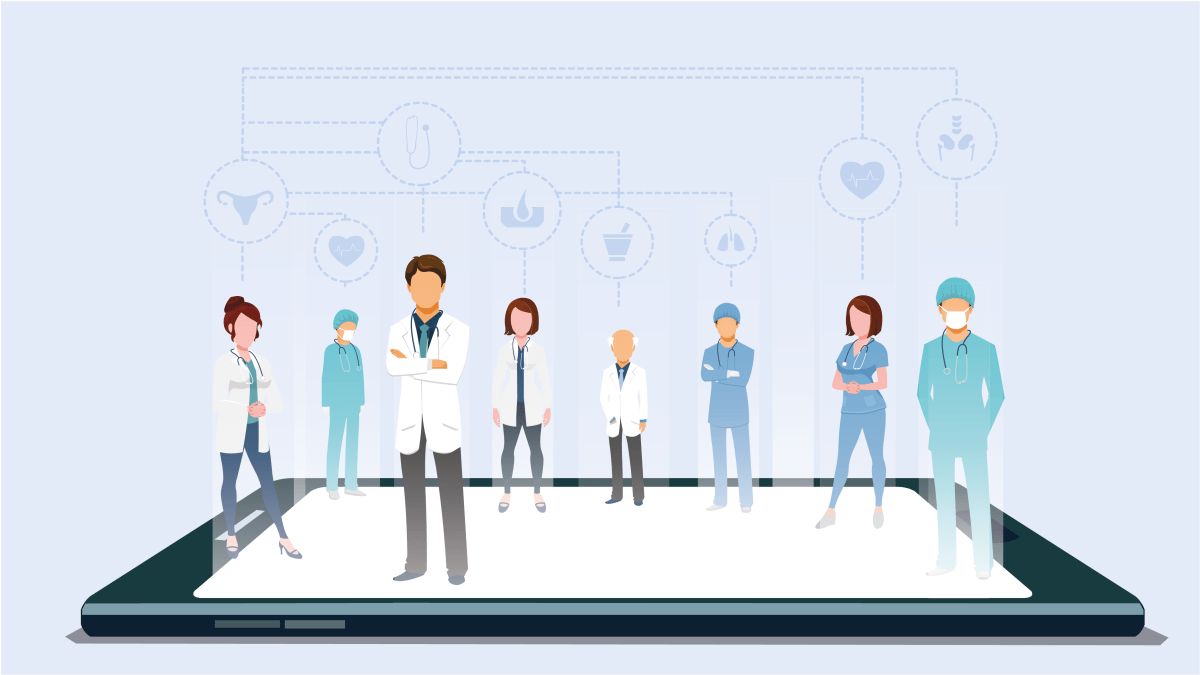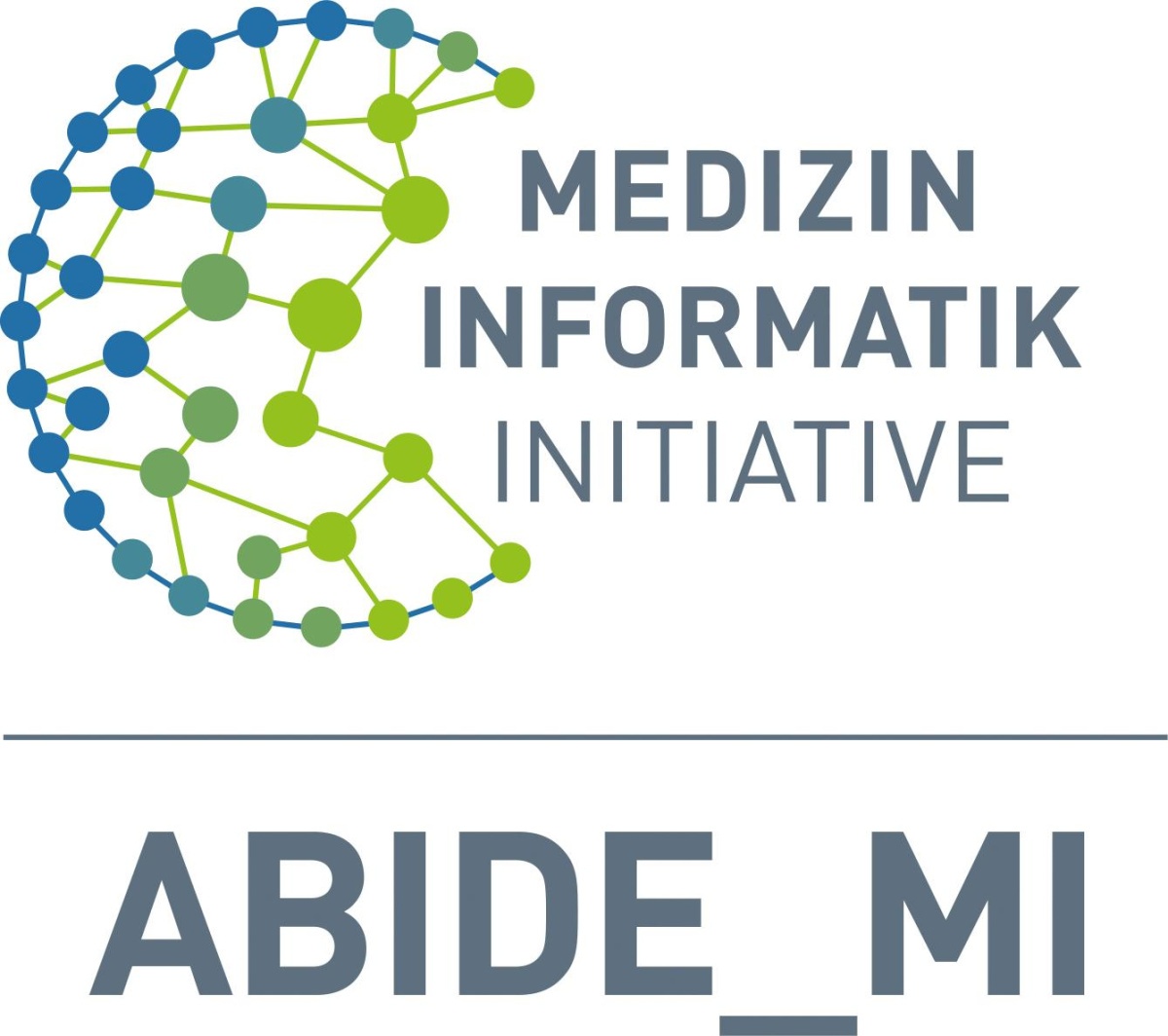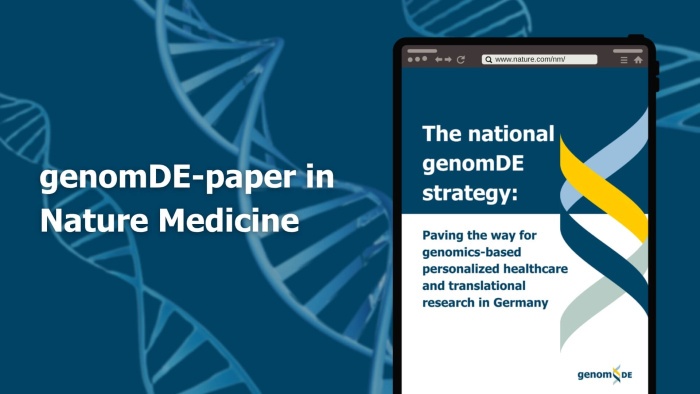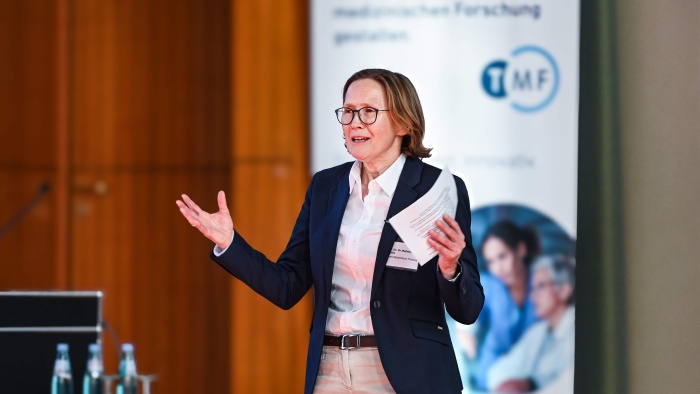Making Biobanks and Patient Data Usable for Research

© AryanRaj - stock.adobe.com
In May 2021, the project "Aligning Biobank and DIC efficiently" (ABIDE_MI) was launched as part of the Medical Informatics Initiative (MII). The project aims to make biobanks and patient data from routine care jointly usable for research. To achieve this, biobanks and data integration centers, the two central research infrastructures at university medical centers in Germany, are to be connected on a technical and regulatory level. The project involves 24 university medicine sites nationwide, the coordination office of the MII, and the German Biobank Node (GBN). ABIDE_MI is funded by the Federal Ministry of Education and Research (BMBF) with around five million euros until October 2022.

In the MII, a funding project of the BMBF, data integration centers (DIZ) have been established at 29 university hospitals nationwide since 2018. They form the core of the networked IT infrastructure for modern medical research in Germany. The new facilities are closely linked to the existing hospital IT infrastructure and have the task of processing and providing patient data from routine care and research across clinics in compliance with data protection regulations for research purposes. Thus, The MII creates a database for comprehensive medical research questions to better study diseases and their therapies and treat patients more effectively. At the same time, numerous biobanks store central clinical samples at university hospitals in Germany, including tissue samples or body fluids such as blood or saliva taken for the diagnosis or therapy of a patient. Valuable information for medical research can be obtained from these biobanks. The analysis of these biobanks helps detect a disease's causes earlier or treat diseases more specifically.
"To create the conditions for the joint use of various data sets and to avoid double structures in the long term, we aim for close cooperation between the DIZ of the MII and the biobanks in Germany in the future.
Prof. Dr. Hans-Ulrich Prokosch, Friedrich-Alexander-University Erlangen-Nürnberg and project leader of ABIDE_MI:
Our goal is to link information and data from biobanks with additional data from patient care to support research.
The ABIDE_MI project, therefore, deals with the connection of the biobank of a university hospital to the respective DIZ," explains Prof. Dr. Hans-Ulrich Prokosch, Friedrich-Alexander-University (FAU) Erlangen-Nürnberg, project leader of ABIDE_MI. "The cooperation of the two infrastructures makes sense to create a sustainable data infrastructure in the university hospitals and to generate synergies between the activities of the DIZ and the biobanks. This can avoid parallel structures and save resources and funds in terms of sustainable data and sample usage," Prokosch continues. "With ABIDE_MI, we pursue an interdisciplinary approach, in which the achievements and experiences of the MII and the biobanks of the German Biobank Alliance (GBA) are combined in a sustainable health IT infrastructure," adds Prof. Dr. Michael Hummel, Charité - Universitätsmedizin Berlin, project leader of ABIDE_MI and head of the German Biobank Node (GBN), the umbrella organization of academic biobanks in Germany. Since 2013, the BMBF has been promoting the networking and cooperation of biobanks at German university hospitals (GBA) with GBN. The biobank infrastructure is also associated with the European biobank network BBMRI-ERIC, and GBN represents the interests of German biobanks on the European stage.
The Goal: Central Query and Analysis Portal for Data and Biobanks in Germany
The ABIDE_MI project also aims to simplify the process of applying for research projects. In the future, researchers should only have to submit one application for biobanks and data. For this purpose, the coordination office of the MII is currently setting up a central online portal, the so-called German Research Data Portal for Health, which is expected to be operational in 2022. Researchers can submit applications for projects there and request data and biobanks through a central point for medical research. They can also conduct feasibility studies via the portal to find out which data is available for research at the university medical sites of the MII. Local expert committees at the participating sites, so-called Use and Access Committees (UAC) decide on the research applications. Their decision is transmitted electronically to the central portal and the applying researcher.
"For the future, we aim for scientists in the clinics to have a single point of contact in the form of a query and analysis portal that identifies patient cohorts and corresponding biobanks suitable for a specific research project and where they can apply for the use of data and samples. Not only the data of a hospital but also the data sets across all university hospitals involved in the MII should be queryable in real-time. However, the portal is not only aimed at researchers but also patients. Interested parties can use the portal at any time to obtain information about requested and ongoing research projects conducted within the framework of the MII. Thus, the portal creates transparency about research projects and their results," explains Sebastian C. Semler, TMF – Technology and Methods Platform for Networked Medical Research, Head of the MII Coordination Office.
Background Medical Informatics Initiative
The Medical Informatics Initiative (MII) aims to improve research opportunities and patient care through innovative IT solutions. These are intended to enable the exchange and use of patient care, clinical, and biomedical research data across the boundaries of institutions and locations. The Federal Ministry of Education and Research (BMBF) is funding the MII until 2022 with around 180 million euros. In the four consortia DIFUTURE, HiGHmed, MIRACUM, and SMITH, all institutions of university medicine in Germany are working together with research institutions, companies, health insurance companies, and patient representatives at over 30 sites to develop the framework conditions so that insights from research can directly reach patients. Data protection and data security are the highest priorities.
A coordination office is responsible for the national coordination of developments within the MII, which the Technology and Methods Platform for Networked Medical Research (TMF) operates together with the Association of Medical Faculty Deans (MFT) and the Association of University Clinics in Germany (VUD) in Berlin.
Press Contact
Sophie Haderer
Phone: 030 − 22 00 24 732
E-mail: presse@tmf-ev.de


